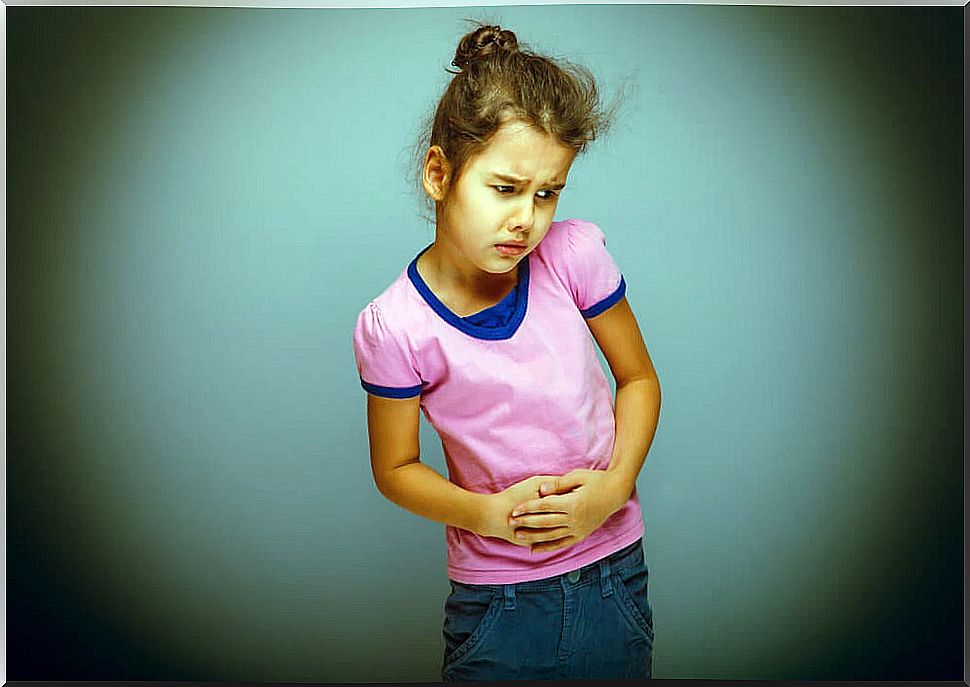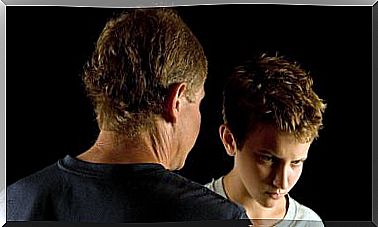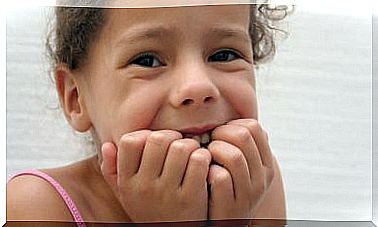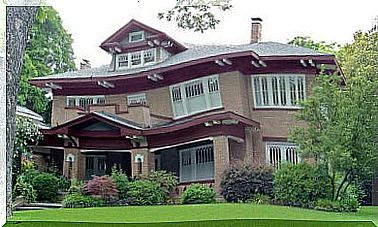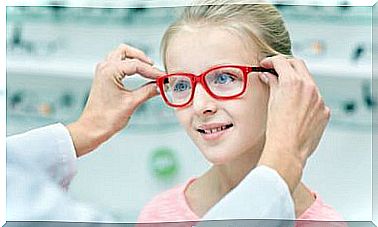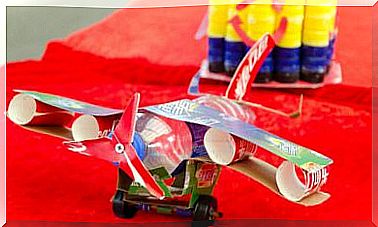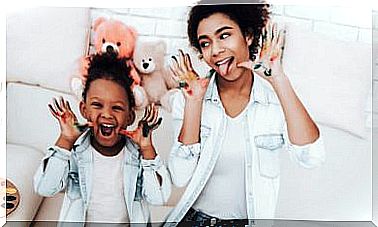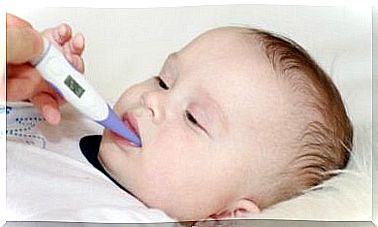Symptoms And Treatment Of Childhood Nephritis
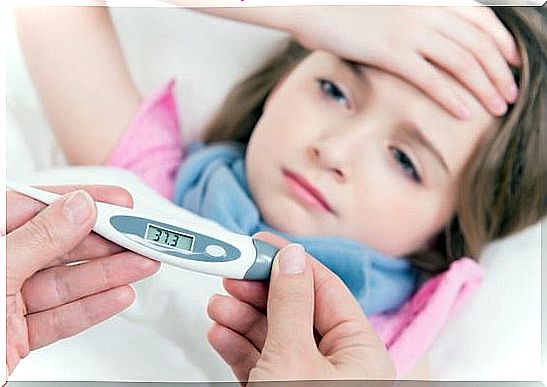
Nephritis is an inflammation that attacks the kidneys, although it is not properly a child problem, it usually occurs. It appears as in any other case, but it can be difficult to detect. In addition, it is not a condition that is treated at home, it requires the intervention of a specialist. How do you know if your child suffers from infantile nephritis? We tell you what its symptoms are and how to treat it.
This inflammation can be acute or chronic, those who suffer from it chronically, begin to know its symptoms over time. With proper treatment, little ones can make their lives as normal as possible. In most cases, it can be fixed quickly.
A more common condition in children is usually glomerulonephritis, which is the inflammation of the glomeruli, which are responsible for eliminating and reabsorbing substances from the blood.
Symptoms of infantile nephritis
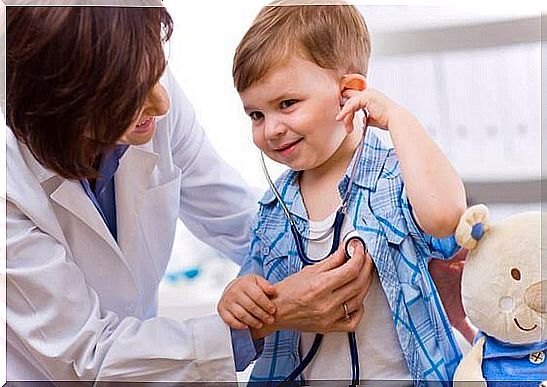
As we have said, nephritis is not easy to identify with the naked eye. Only when we know that the child suffers from this, we can know what it is at the first symptom. However, some signs can bring us closer to a diagnosis, for example, the following:
- It usually appears after you have had a cold, scarlet fever, or tonsillitis. In this case, the bacteria that caused these diseases lodge in the kidneys.
- Acute pyelonephritis is a type of nephritis characterized by fever. It can be a high temperature, over 40ºC or one that rises and falls for several hours on the same day. There may also be headache and lower back pain, digestive problems, and joint pain.
- In chronic pyelonephritis, the symptoms are less clear. There may be general malaise, weakness, intestinal problems, mild fever. This type of condition is even difficult to identify through blood tests.
- When there is acute glomerulonephritis, there is pain in the throat, perhaps otitis or tonsillitis. It generally manifests itself through respiratory infections. It is also possible that the child manifests fatigue, traces of blood in the urine; in addition to scanty urine, with reddish coloration. Inflammation in ankles and eyelids.
- There is often a fever but rarely pain in the kidneys.
Infantile nephritis generally occurs from hereditary causes. For example, a birth defect in the tubes that carry urine from the bladder to the kidneys. It can also be caused by the location of bacteria in the bladder or streptococcal infections.
Treatment
Specialists agree that nephritis treatment is somewhat complicated. A specific diet is generally recommended, as some foods can make symptoms worse. Here are the main recommendations for treating children with nephritis:
- The elimination of the consumption of sausages, cocoa, fatty meats, fermented cheeses, coffee, salt, fried foods, seafood, strong and hot spices is indicated. In some cases the consumption of eggs may also be prohibited.
- The most recommended foods are cereals, potatoes, legumes and nuts.
- At the beginning of the illness, the child should be kept at rest. It is especially advised that you do not carry out exertion or activities that could impair blood circulation.
- Sometimes antibiotics or antipyretics are also indicated.
- When the case is serious, hospitalization may be necessary.
When should we worry?
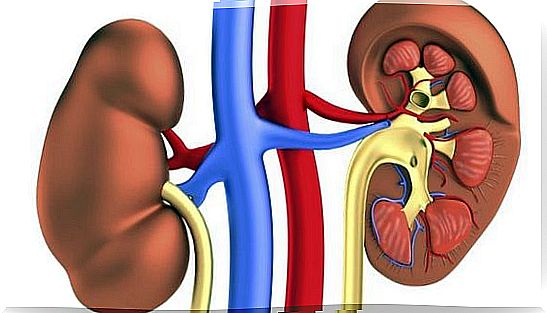
Nephritis should be treated urgently in the following cases:
- The child’s eyes and ankles have swollen. If you are a male, the penis looks swollen and the skin is dark.
- When there is suspicion or history of nephritis.
- There is a recurrent fever, accompanied by weakness and tiredness.
- The child is still swollen, and most symptoms appear after they have recovered from the illness.
Be attentive to the signs that may show that your child suffers from childhood nephritis and see a specialist as soon as possible.
